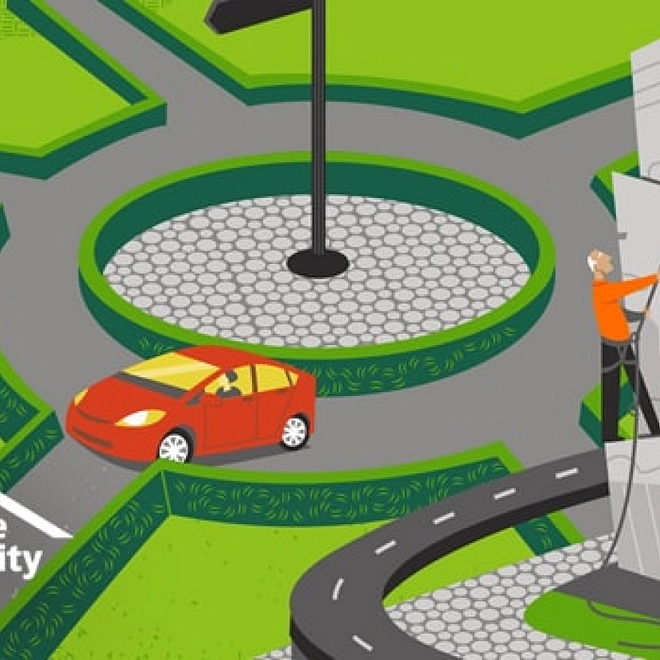Belonging
From comfort to connection to contribution
South Africa’s historical context has always placed “Belonging” albeit implicitly, as a key agenda topic to make every individual feel respected and that they are treated fairly, regardless of their previous circumstances. Therefore, South African organisations need to establish more inclusive cultures which drive belonging and therefore improved organisational performance.
Current drivers
Belonging, along with well-being, is at the top of this year’s Global Human Capital Trends survey as one of the most important human capital issues. The South African statistics follow a similar trend. However, while eighty-four percent of the South African survey respondents acknowledge that fostering a sense of belonging was important for their success, and seventy-eight percent agree that creating a sense of belonging greatly supports and drives organisational performance, only 44 percent say that they are ready to address this trend. Belonging at work has become a top organisational priority for a number of reasons. Many people feel the world is becoming less stable, more polarised, and more volatile. These divisions may be leading some individuals to turn to the workplace to find a sense of meaning and solidarity. Shifts in workforce composition against the backdrop of people working longer hours is also another factor that highlights the important role that belonging is playing in the workplace. When working long hours, people are increasingly looking to work for personal fulfilment and satisfaction. With alternative work arrangements on the rise, coupled with technological advances of working virtually and remotely, many employees may not formally “belong” to the organisation they work for—which can make it harder for them to feel a sense of belonging at work and contributes to increased feelings of isolation and loneliness.
Our 2020 perspective
Creating a sense of belonging at work is the outcome of three mutually reinforcing attributes. Employees should feel comfortable at work. They should feel connected to the people they work with and the teams they are part of. Finally, they should feel that they contribute to meaningful work outcomes. Nineteen percent of South African respondents identified fostering an environment where workers feel they are treated fairly and can bring their authentic selves to work— comfort—as the biggest driver of belonging. Twenty-two percent said that having a sense of community and identifying with a defined team— connection—was the biggest driver. In building inclusive organisational cultures, the progression from comfort to connection to contribution is an additive one, with each step building on the one before. While many organisations have already made great progress around comfort, more effort is required with supporting employees to feel connected with the organisation’s purpose and goals and as well as where employees feel a sense of contribution, where their efforts make a meaningful difference in advancing team and organisational outcomes. Organisations that establish this kind of inclusive culture are twice as likely to meet or exceed financial targets, three times as likely to be highperforming, six times as likely to be innovative and agile, and eight times more likely to achieve better business outcomes. Our South African respondents suggest that two factors mostly influence an organisation’s ability to navigate the evolution from comfort to connection to contribution: organisational culture and leadership behaviours (figure 2). Forty-six percent of our South African survey respondents stated that the top barrier to creating a sense of belonging in organisations is that leaders do not see it as a leadership priority. Ultimately, it is leaders that drive and shape organisational culture and when they role model inclusive.




